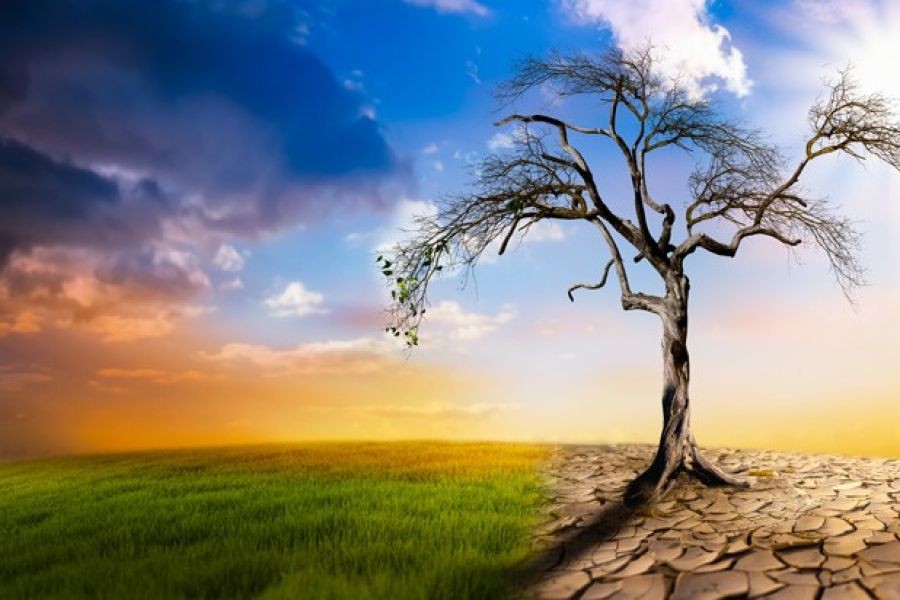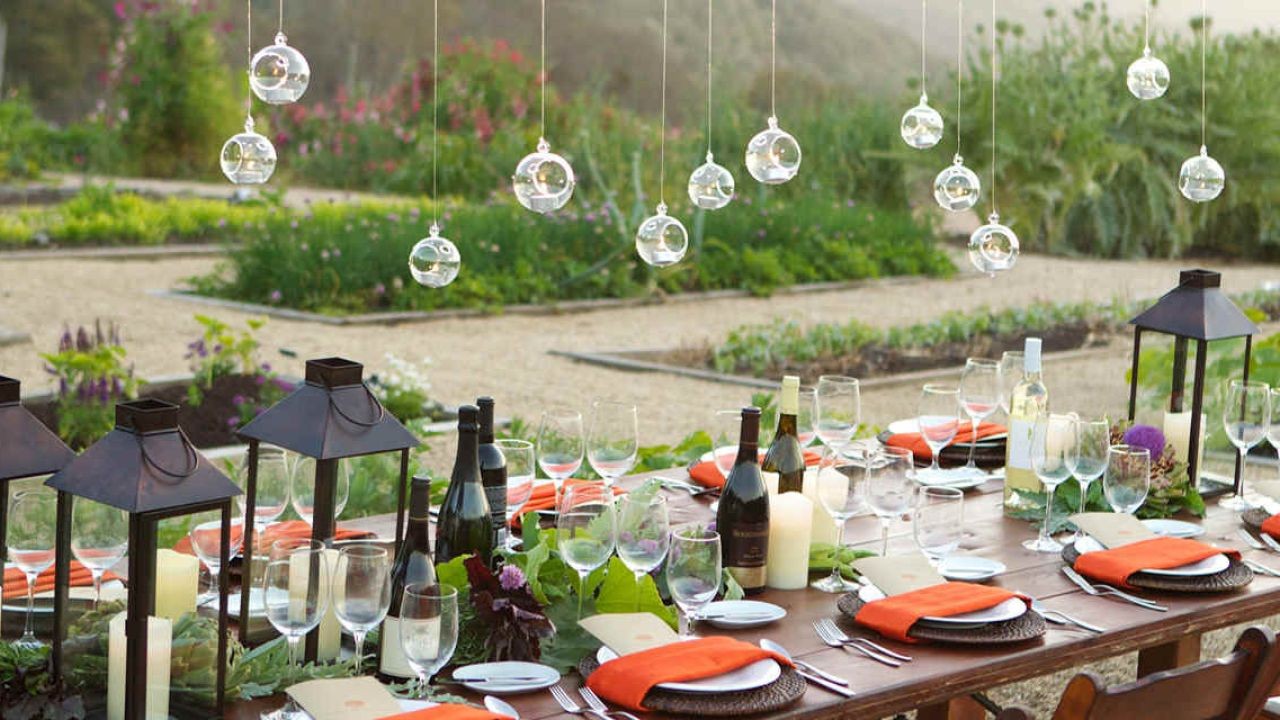New Zealand’s wine industry is world-renowned for its crisp Sauvignon Blanc, elegant Pinot Noir, and a reputation for sustainability. But behind the labels and lush vineyards lies a surprising twist: climate change is transforming the very landscape of Kiwi viticulture.
While much of the world’s agricultural story is one of droughts, floods, and decimation, New Zealand’s wine industry is experiencing a strange duality—both threat and opportunity. Here's how climate change is quietly reshaping this billion-dollar industry and why it might just be fuelling its unexpected rise.
A Snapshot of NZ’s Wine Industry
New Zealand is home to 10 major wine regions, with Marlborough, Central Otago, Hawke’s Bay, and Canterbury leading the charge. In 2024, the country exported over NZD $2.4 billion worth of wine, with Sauvignon Blanc making up nearly 80% of all exports.
Viticulture has become integral to rural economies, particularly in regions like Blenheim and Martinborough, where local identity and employment are deeply tied to wine.
Climate Change: A Double-Edged Vine
So how exactly is climate change affecting New Zealand's wine producers? Let’s break it down:
🌡️ 1. Warmer Temperatures Extend Growing Seasons
Global warming has extended the growing season in key wine regions, allowing for:
More consistent ripening of grapes
Wider varietal experimentation (e.g., Syrah and Albariño in traditionally cooler zones)
Increased sugar levels in grapes, leading to bolder wines
In Marlborough, for example, growers are reporting more predictable flowering and harvest windows, which used to vary significantly due to frosts and unpredictable weather.
💧 2. Water Scarcity & Irrigation Pressures
The downside? Droughts and reduced rainfall are stressing water supplies.
Hawke’s Bay and Canterbury are experiencing tighter irrigation controls.
Some vineyards have turned to dry farming, while others are investing in smart irrigation tech to conserve water.
This shift has pushed the industry to adopt precision agriculture, using drones, soil sensors, and data analytics to manage resources better.
🍇 3. Disease & Pest Shifts
Rising temperatures bring new pests and fungal diseases, such as:
Powdery mildew becoming more persistent
Spread of leafhoppers and other invasive insects
Organic and biodynamic vineyards are particularly affected, as they rely less on chemical sprays. However, this has also led to collaborative innovation, with growers trialing natural pest deterrents and climate-resistant rootstocks.
New Wine Regions Emerging
One of the most striking impacts of climate change is the emergence of new wine territories. Regions previously considered too cold—like Southland and high-altitude parts of Otago—are now seeing experimental vineyards.
This geographic shift could redefine NZ’s wine map in the coming decades.
Sustainability: From Buzzword to Survival Tool
The wine industry has embraced sustainability not just as a marketing tool, but as a necessary evolution.
96% of NZ’s vineyard area is now certified under the Sustainable Winegrowing New Zealand (SWNZ) programme.
Techniques include cover cropping, carbon-neutral packaging, and electric vineyard vehicles.
Many wineries, such as Yealands, are now running solar-powered operations and aiming for carbon neutrality.
Climate change has accelerated this sustainability drive, positioning NZ wine as a global leader in eco-conscious production.
Export Shifts and Global Demand
Surprisingly, the rising quality of grapes due to climate conditions has also boosted global demand. Warmer vintages have produced more expressive and aromatic Sauvignon Blancs, which continue to dominate markets in the US, UK, and Australia.
However, rising temperatures could tip the balance if not managed. There’s a delicate line between optimal ripening and overripe, flabby wines—a risk that winemakers are actively mitigating through:
Earlier harvests
Adjusting canopy management
Selecting cooler microclimates for future planting
Indigenous Wisdom and Regenerative Practices
Some Māori-owned vineyards are combining traditional knowledge (mātauranga Māori) with regenerative farming to restore biodiversity and protect the whenua (land).
Wineries like Tohu Wines and Kono NZ are spearheading this cultural-scientific fusion, offering a holistic climate response model that balances economy, ecology, and culture.
Looking Ahead: Is Climate a Blessing or Curse for NZ Wine?
The answer is complex.
While climate change has offered short-term benefits—like longer seasons and expanded varietals—it also presents long-term volatility, especially with water, pests, and land use.
But NZ’s wine industry has shown remarkable agility. Through smart adaptation, sustainability leadership, and cultural integration, it’s not only surviving—it’s quietly thriving.
Final Sip: What It Means for Consumers and Producers
For wine lovers, this shift means more diverse wines from emerging NZ regions and an even stronger emphasis on ethically-produced, environmentally-aware bottles.
For producers, it’s a call to innovate boldly, plan for extremes, and reimagine terroir in the face of a changing climate.
The story of Kiwi wine is no longer just about grapes and soil—it’s about climate resilience, innovation, and the will to grow in a world that’s shifting beneath our feet.
People Also Ask (FAQ)
- How does climate change impact the New Zealand wine industry?Climate change affects grape ripening, quality, and yields, posing challenges but also offering opportunities for new varietals and sustainable practices.
- What sustainable practices can New Zealand wineries adopt?Wineries can embrace organic farming, water conservation, and renewable energy solutions to enhance resilience and reduce environmental impact.
- What are the future trends for New Zealand's wine industry?Expect greater varietal diversity, expanded sustainable practices, and increased use of technology for precision viticulture.
Related Search Queries
- Sustainable wine practices in New Zealand
- New Zealand wine industry growth trends
- Precision viticulture technology
- Climate change adaptation strategies for vineyards
- Investing in New Zealand wine industry
- Government incentives for sustainable farming NZ
- Future of New Zealand wine exports
- Challenges facing New Zealand wineries
- New grape varieties in New Zealand vineyards




































leland17b77145
7 months ago